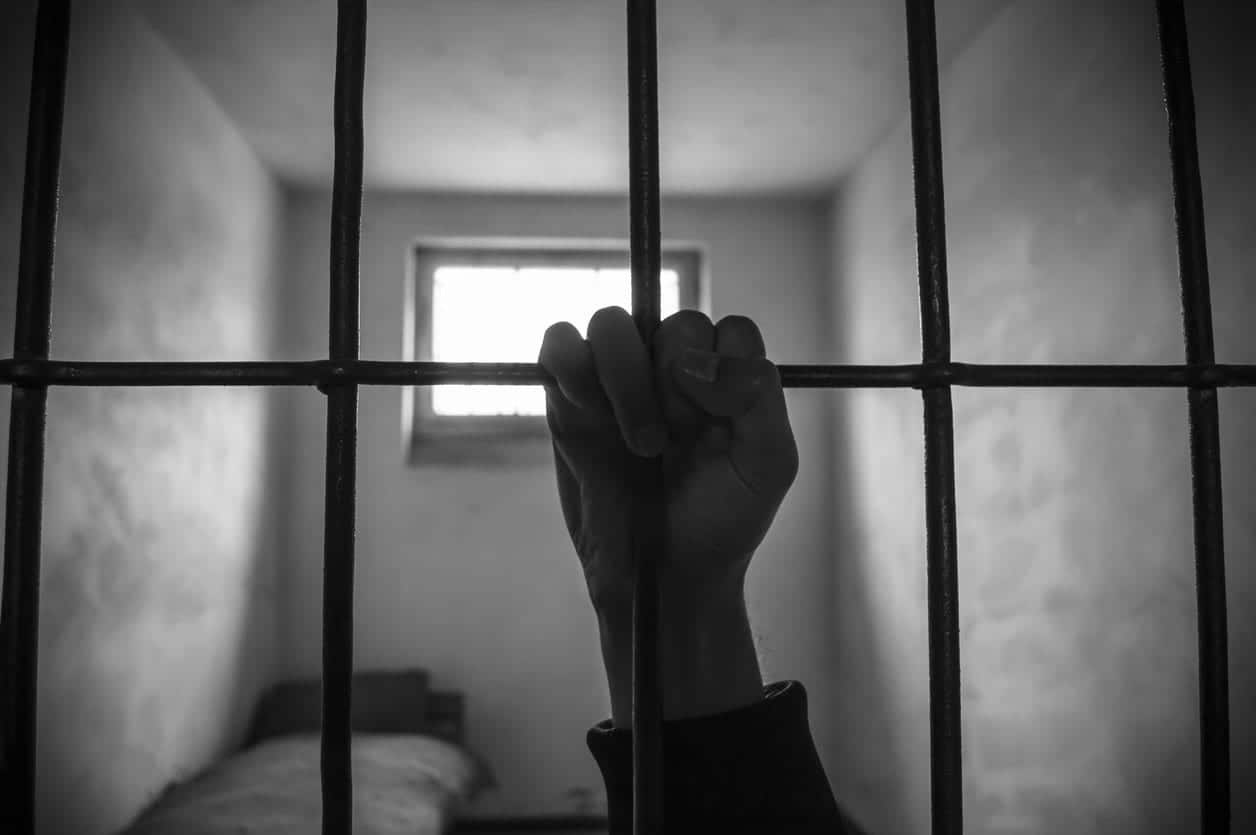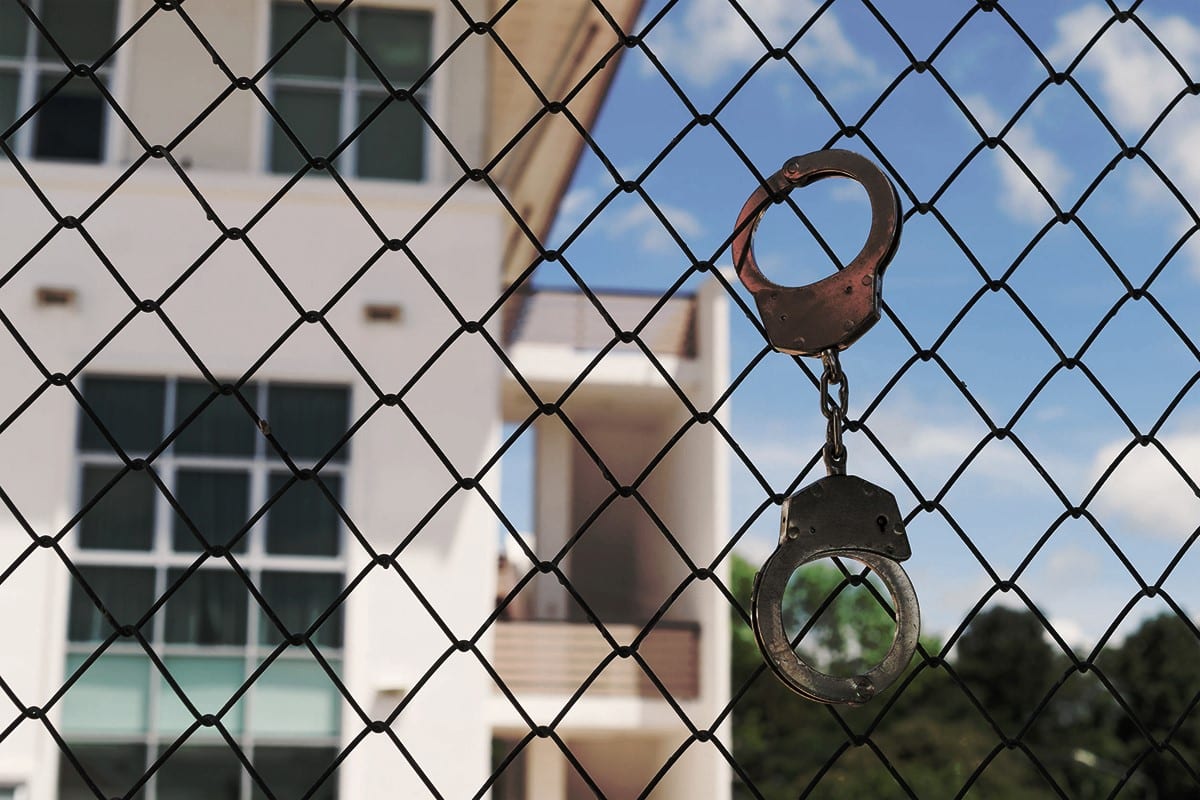
When our blog posts or other resources provide sentencing guidelines for various crimes, they are just that: guidelines. Every case is different, and judges take many different factors into consideration before sentencing someone, including alternative sentencing options and mitigating factors.
So it may surprise you to learn that many convicted offenders of certain crimes get reduced jail sentences – or none at all – even when state laws give judges the option to put the offender in jail for many years.
Case-in-point: relatively few people convicted on child pornography charges actually spend time in prison.
Investigation Reveals Lack of Prison Time for Those Convicted of Child Pornography Possession
This year, KARE 11 launched an investigation into the penalties for Minnesota individuals who have been convicted of possession of child pornography. The investigators found that of the 804 individuals, only 106 received a prison sentence. Furthermore, the majority of offenders sentenced to prison only spent a few months in a local facility or workhouse.
This is particularly interesting because the state’s sentencing guidelines recommend that judges give individuals who have been convicted of child pornography possession up to five years in prison.

The KARE 11 investigation compared Minnesota’s five-year maximum sentence to the five-year mandatory minimum sentence for the same crime in federal courts.
The investigation came out around the same time that the National Association to Protect Children (PROTECT) released the “Children Betrayed” report, which looked at and reviewed sentencing guidelines for child pornography crimes throughout the country.
PROTECT urged Minnesota lawmakers to enforce harsher sentences on individuals convicted of possessing child pornography. The group argued that by giving almost 90% of offenders probation rather than jail time, it was “decriminalizing” child pornography in the state. This type of publicized outcry against “lenient” sentences could lead to more prison time – or worse – for those now facing charges.
Is this the right thing to do, though? Judges are given latitude on sentencing so that they can decide on penalties based on the specific circumstances present in each case. Moreover, it is not as if those convicted of possession experience no consequences. In fact, an argument could be made that some of the penalties they must endure are worse than going to prison – and they often last longer.
Some Consequences for Possessing Child Pornography Can Last Years

Possession of child pornography is a sex crime in Minnesota. Because of this, convicted offenders have to register as a sex offender for 10 years after they are released from prison (or put on probation).
When an individual registers as a sex offender, they have to give the following information to a corrections agent or local law enforcement authority:
- Name, Date of Birth
- Primary and Secondary Address(es), including any property that is owned or leased by the offender
- Employment Location
- Education Enrollment
- Year, Make, Model, and License Plate Number of the Offender’s Motor Vehicles
If any of this information changes, the offender must notify law enforcement right away. If offenders are caught giving false information, or failing to register themselves as a sex offender, they face criminal penalties.
Failure to register may result in up to five years in prison, and up to $10,000 in fines. Additional years on the sex offender registry may also be added as a penalty.
Though Minnesota does not have residency restrictions for those on the sex offender registry like many other states do, neighbors will easily be able to see who around them has been convicted of a sex offense. All they have to do is hop online and do a quick Google search to find the registry, then look up their location. The names and information of any convicted sex offenders nearby will pop up.
Registering can be an obstacle for many child pornography offenders, especially if they do not have a primary address or frequently move or have to switch jobs. Unlike other states, Minnesota doesn’t have specific residency restrictions for sex offenders, but many landlords will refuse to rent to you when they learn about your past, and employers will be less likely to hire you. Partially due to problems like these, our state program has been ruled unconstitutional.
Additionally, if an offender wants to move outside of Minnesota, he or she will have to consult a lawyer in that state to learn about any differences in sex offender laws and restrictions. As was hinted at above, what is legal in Minnesota may not be legal in other states.
What does this mean if you find yourself or someone you love facing charges? That even without prison time, the penalties of a child pornography conviction are incredibly serious and life-changing. Your best hope of a positive outcome is to contact a Minnesota sex crimes lawyer immediately so that you can start working together to come up with a strong defense strategy.
About the Author:
Christopher Keyser is a Minneapolis-based criminal and DWI defense attorney known for fighting aggressively for his clients and utilizing innovative tactics to get the most positive results. He has been featured in numerous media outlets due to the breadth and depth of his knowledge, and recognized as a Minnesota Super Lawyers Rising Star (2014–2016), a Top 100 Trial Lawyer (2013–2016), and a Top 40 Under 40 Attorney (2013–2016).





